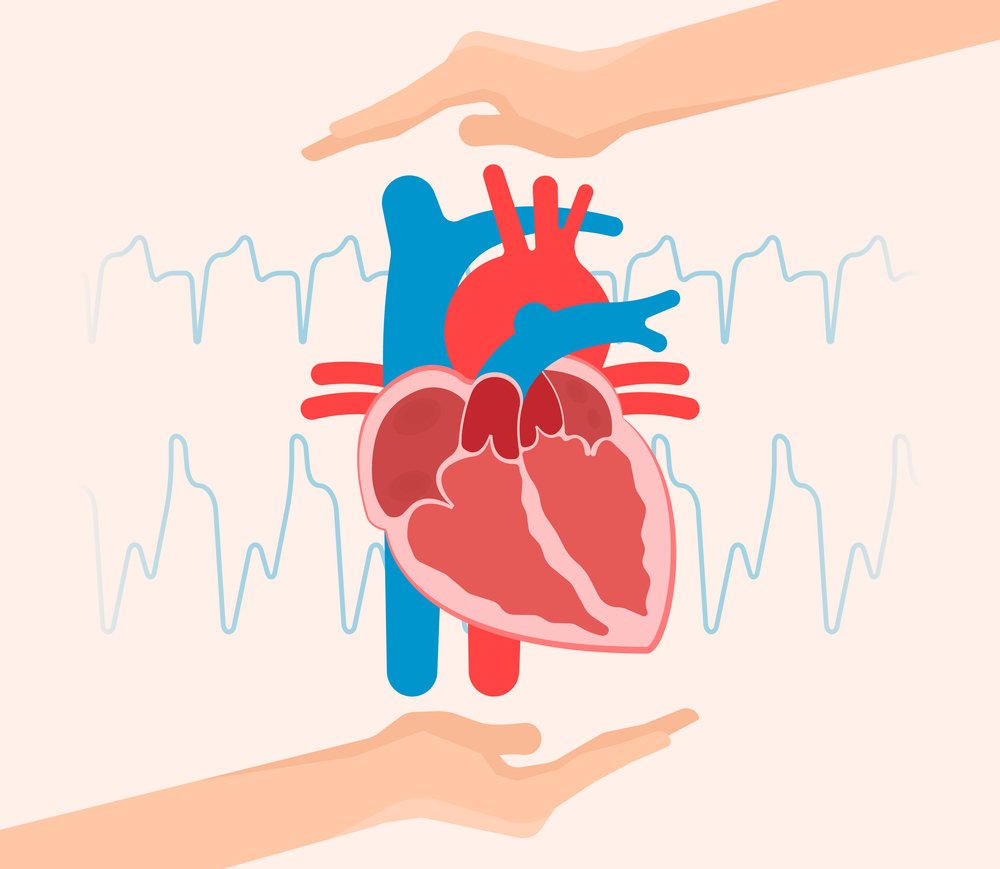Aortic valve replacement surgery in Türkiye
Aortic valve replacement surgery in Türkiye is a process aimed at those who have problems with the aortic valve of the heart. When this valve opens, blood moves from the heart to the aorta (the largest artery in the body) and then to the rest of the body. When the aortic valve closes, it prevents blood from flowing the wrong way into the heart. The heart and this cycle is repeated with every heartbeat. If something goes wrong with this valve, the patient may need to replace it through surgery.

Aortic valve problems
There are several possible causes for aortic valve problems, including birth defects, wear and tear over the years, or another health condition such as heart inflammation. Any of these problems can lead to:
Reflux : A condition in which the valve does not close completely and blood leaks back toward the heart.
Stenosis : A narrowing of the valve opening caused by insufficient blood flow.
These problems cause shortness of breath, chest pain, dizziness, fainting, and other symptoms. If the valve is not replaced, it can be life-threatening.
Aortic valve replacement
There are two main types of valves and they are as follows:
Mechanical valves: They consist of carbon, metal, or plastic materials and last for a long time, but they increase the chances of blood clots. Therefore, patients who have had the valve replaced with a mechanical valve must take drugs called blood thinners for the rest of their lives and constantly check their doses .
Biological valves: They come from animal tissues and last for 10-20 years. This period is less than mechanical valves, but they do not lead to blood clotting, and the patient will not need blood-thinning drugs.
Operation surgery:
The most common procedure is open-heart surgery, which usually takes 2-4 hours under general anesthesia, during which the surgeon makes an incision from 15.24 cm to 20.32 cm in the chest.
- The breastbone is opened
- The surgeon stops the heart and then connects the patient to a heart-lung machine, which in turn pumps the blood.
- Removes the damaged valve and places a new one.
- Restores the heart and closes the patient’s chest.
In some cases, minimally invasive surgery can be performed where the extent of the wound is smaller and the sternum will not open completely. This process is called transcatheter aortic valve replacement “TAVR”, where the surgeon passes a thin tube through a blood vessel from the leg towards the heart and through it the new valve is placed and the above We see that the operation is minimally invasive, which means faster recovery, less pain, and a shorter hospital stay, but it is not recommended unless the open heart surgery is very risky for some reason.
Preparing for the operation:
Several joints related to public health must be confirmed, including:
- Blood and urine tests.
- Chest x-ray.
- Electrocardiogram (EKG).
- physical exam.
You should also inform your doctor about taking any nutritional supplements such as:
- vitamins.
- Herbal or natural medicine.
- Prescribed drugs.
- Over-the-counter medications.
In addition to the above, you must stop taking some of the drugs and inform the doctor about any serious or transient illnesses. Even a common cold may affect recovery. Smoking should also be stopped two weeks before the surgery to help prevent blood clots and breathing problems. As for the night before surgery, the patient needs To wash with a special soap to kill germs, and it will not be allowed to eat or drink anything after midnight
recovery period:
Things that can affect surgery include age, general health, and the type of surgery.
In the case of minimally invasive surgery, the patient will recover within a few days, but in the case of an open heart, recovery takes longer, and the wound is painful, swollen, and red in color, in addition to feeling tired quickly, difficulty sleeping, and loss of desire to eat, but all this will improve over time and it takes Chest bones heal from 6 to 8 weeks, but it may take 3 months or so, and office work can be returned within 6-8 weeks, but in the case of works that require greater physical effort, this may take 3 months.
What are the risks?
Valve replacement surgery carries several risks, including:
- Bleeding after surgery.
- blood clots
- infection.
- Kidney problems that may last for a few days after surgery.
- The new valve is not working
- Valve wear over time
- brain attack.
You should contact your doctor if the patient notices any of these symptoms:
- Fever of 100.4 F or higher.
- Pain, redness, or swelling around the wound gets worse.
- Pus or other fluid coming out of the wound.
- Shortness of breath gets worse.
- The return of symptoms that the patient had before surgery, such as chest pain or dizziness.
Aortic valve replacement surgery in Türkiye:
Cardiovascular diseases remain the leading cause of death in most parts of the world. Studies in 2014 showed that these diseases were responsible for millions of deaths globally.
We at REHABTÜRK understand the importance of choosing the best specialists in cardiovascular surgery
So your health is in good hands!
Doctors and cardiovascular surgeons in REHABTÜRK have long experience and multidisciplinary teams to provide the best treatment for patients.

